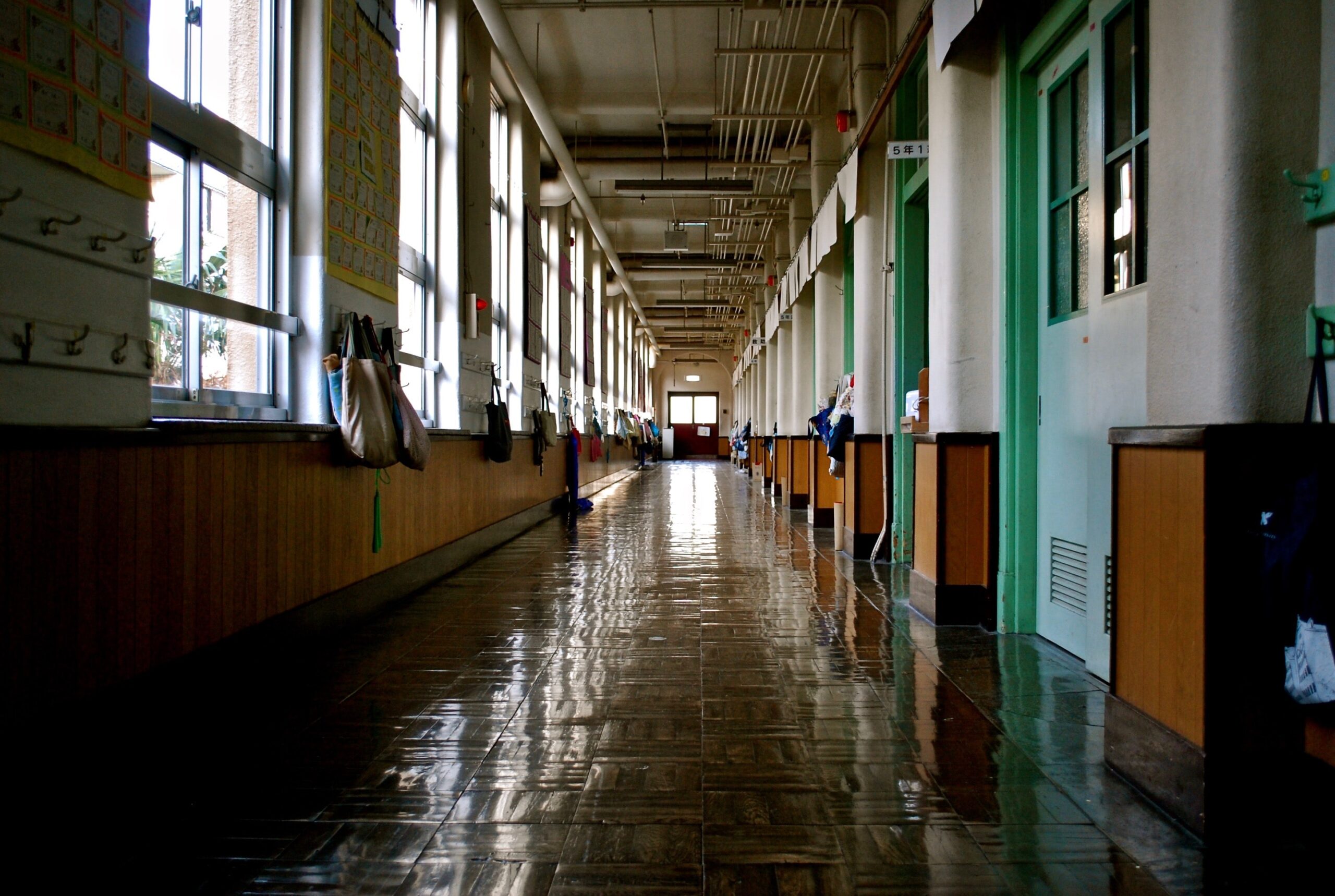As a future educator and a current student, I find poetry an amazing outlet for students to express themselves. I, personally, use poetry to release these great big emotions I feel. In my high school, we had a lot of mental health concerns in our student body with little to no action. I was a high schooler losing two to three friends each school year. High school was hard enough but this on top of everything else made it 10x harder. Around this time is when I started writing poetry. My English teacher had a whole unit on poetry where we had to write poetry, research poets, and end with slam poetry where I read a poem by Maya Angelou. I still remember the whole poem. This unit really pushed me to think differently about the power of poetry. This is when I bought myself a new journal and started writing my own.
Writing poetry helped me a lot with processing my emotions and help me through my high school years. Even in class when we had free writing time, I would write poetry. I still do this, not as much, I’ll randomly think of a thought and start writing off that thought. It is a great way for a student to relieve stress and express themselves without talking about it. This is why I found it reliving, I didn’t have to vocalize why I was upset or why I was happy… I could just write.
As educators, it is important for us to use this tool as well. Providing a way for us to express and reflect is vital, considering we ask our students to do the same. By allowing our students to write poetry in the classroom, we are creating a space where students can communicate their emotions or thoughts. This is vital because some of our students may not be allowed this opportunity often. You may be the first person to encourage your students to do this openly. By allowing your students to do this, you are creating a welcoming environment in your classroom. In my classroom, having a welcoming environment for students is very important for me. This means being welcoming to new ideas, understanding, and backgrounds. In my classroom, breaking the stigma around mental health will be a must and I believe poetry is a great way to start.
Mental health is a growing problem in our schools, our student’s academics and extracurricular activities are evidence of this. As educators, we spend more time with these students than most parents or guardians. This grants us the opportunity to talk about mental health in a productively and openly way. Instead of running from this concern of mental health, let’s embrace this time to create a warm and meaningful connection with our students. Poetry opens the doors to this. Even having five minutes set aside in class for your students to write could mean the world to them.
This piece is written and submitted by Caroline Graham.

Caroline Graham (she/her/hers) is currently a College of Charleston student majoring in Secondary Education and English. She is a South Carolina Teaching Fellow at the College serving as the President. You can see more of Caroline on her website: https://cgaggraham.wixsite.com/website





